Astounding Assurance
Yesterday was Reformation Day. 506 years ago, on October 31, 1517, Martin Luther nailed his 95 Theses to the door of All Saints’ Church, Wittenberg. These theses criticized the Roman Catholic church—to which Luther then still belonged—for offering atonement for sins for a fee paid to the Church. This practice was known as “selling indulgences.” Two of Luther’s theses would have been particularly jaw-dropping at the time:
36. Any truly repentant Christian has a right to full remission of penalty and guilt, even without indulgence letters.
37. Any true Christian, whether living or dead, participates in all the blessings of Christ and the church; and this is granted him by God, even without indulgence letters.
These thoroughly biblical statements opened people’s eyes to the possibility of assurance of salvation. In a 2019 interview, Pastor Mark Dever of Capitol Hill Baptist Church explained the significance of the Reformation’s rediscovery of assurance:
“I mean, this is precious, that you can go to sleep tonight knowing that you are okay with God. There wasn’t a person in Europe in 1500 who could do that. At least not according to the Church and what the Church taught. That would have been heretical pride. So when this gospel first started being declared of the free grace of God and Christ, it was … ‘Oh, my goodness. I can know that God loves me and that I will spend forever with him? I don’t die in some kind of doubt, fearing … 10,000 years in Purgatory to be purged and cleansed and then come to Paradise? But I actually can die with the same confidence the thief on the cross or Paul in Philippians has…?’ Yes. Oh, friends, there’s a reason the Protestant Reformation lit up Europe.”
We live in an anxious age. The doctrine of assurance is the bedrock that allows Christians to live with counter-cultural peace. The Word of God tells us “There is now no condemnation for those who are in Christ Jesus” (Romans 8:1). Take that to heart, and, as Mark Dever puts it, you can go to sleep knowing you’re okay with God. Hallelujah, hallelujah, hallelujah.
Bernard Howard


